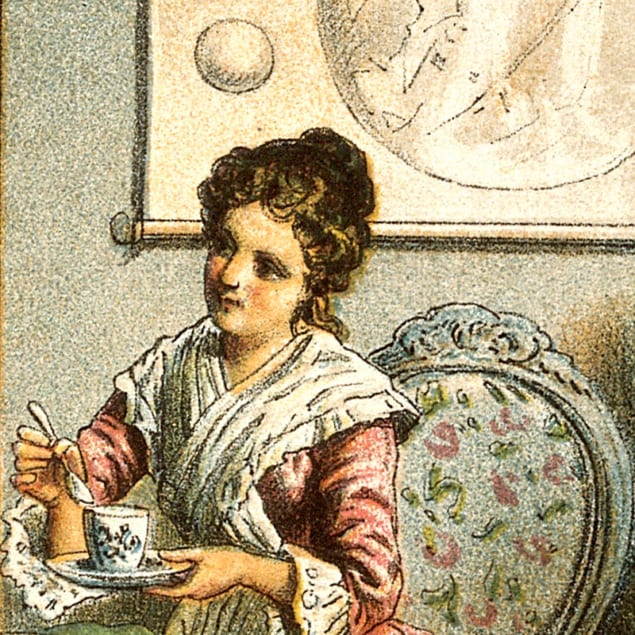Kate Gardner reviews The Comet Sweeper: Caroline Herschel’s Astronomical Ambition by Claire Brock

Caroline Herschel has enjoyed fluctuating fame since the day in 1786 when she discovered her first comet. In The Comet Sweeper: Caroline Herschel’s Astronomical Ambition, author Claire Brock examines the reasons for that as well as the circumstances of Herschel’s life, which were not straightforward.
As the youngest daughter in a large family, Herschel’s mother earmarked her early on for a life of domestic servitude, to save paying another servant. This conflicted with – and perhaps even caused – Herschel’s own ambition to earn enough to support herself. Brock argues that this remained Herschel’s primary ambition for much of her life, though the means by which she tried to earn her keep changed a few times. There was a brief flirtation with millinery and a much longer, not unsuccessful, musical career in Bath before her brother William’s interest in astronomy stopped being a side project and he co-opted Caroline as his assistant.
Brock quotes extensively from Herschel’s letters and memoirs, revealing a woman who often came across as bitter about her lot in life – particularly her dependence on William. But Brock argues that while Herschel perhaps never did love astronomy, she certainly had ambition to make real contributions to it, for the sake of science as well as her own personal advancement. In 1787 she was granted her own salary by King George III, thus becoming the first woman to earn her living from astronomy and achieving her life’s ambition.
Brock also quotes from other contemporary accounts, particularly those by women, to give a deeper flavour of the life Herschel lived. But most of all, she emphasizes Herschel’s drive to always improve herself, to self-educate in every spare moment. Brock paints a rounded portrait of a woman too-often reduced to a side note in her brother’s biography.
- 2017 Icon Books 304pp £8.99pb



